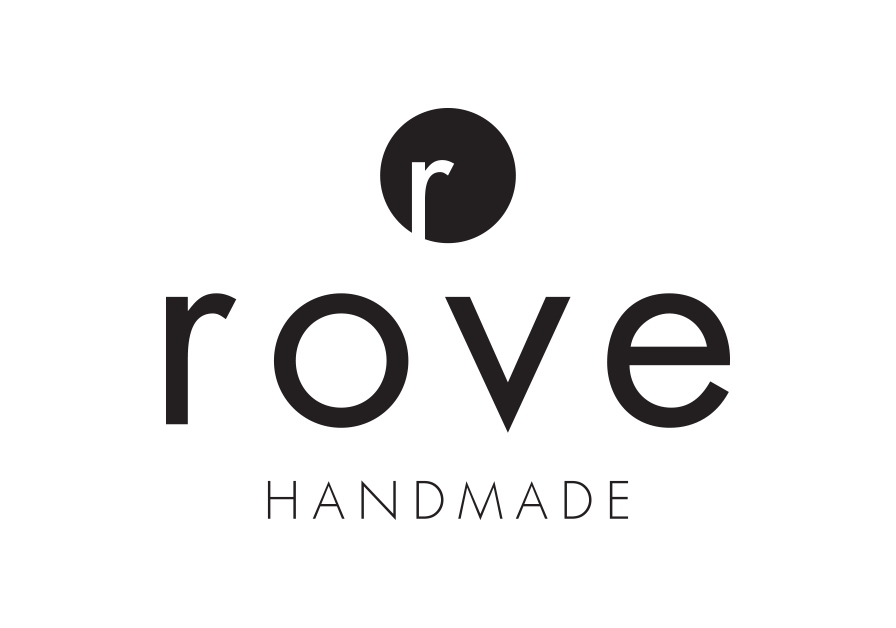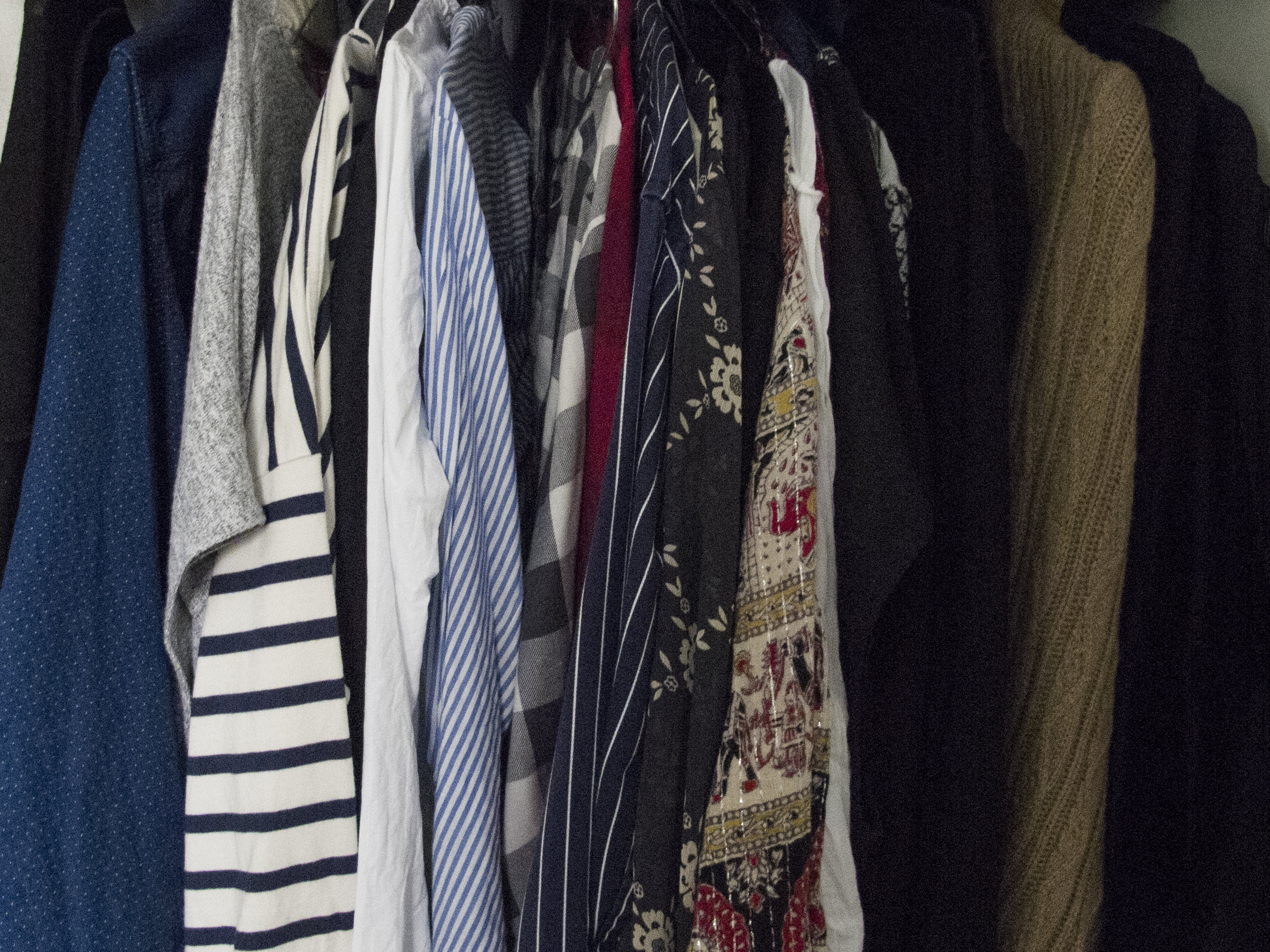I have been trying over the last few years to reduce the amount of things, especially new things, that I buy. Living in Iceland, it’s not all that hard for me to forgo clothes shopping for months at a time, mainly because things are just so expensive here. On the other hand, given that Icelanders ranked 8th out of 37 countries in Europe in terms of volume consumption per capita last year, it’s safe to say that Icelanders love to shop, and it’s as difficult here as anywhere to avoid the idea that consumption equals happiness.
One of things I’m working on the hardest is to think more carefully about what I’m buying - not just where it came from, but whether I really need it in the first place. Where I can, I try to buy from sustainable brands, but the truth is, that’s not always easy or within my budget. For some of us, it’s difficult to avoid fast fashion entirely for exactly those reasons. The fact is that I still buy mass-produced clothing from time to time (usually on sale), though much less often and, more important, less overall. I limit purchases to items that I know will last and that I’ll wear for much longer than a season or two, and I use basically the same rules as I do for buying second-hand: I have to have space for it, it has to fit well, and it has to be well-made, no matter where I’m buying from. I don’t feel too bad about having a good few “fast-fashion” items in my closet that I’ve had for years and that still serve me well. I’d love to replace them with more sustainable options one day, but as long as they’re still wearable, I don’t see the need.
And that’s essentially what slow fashion means to me, I think - it’s not just about buying from sustainable brands or small-batch designers and makers or natural, ethically sourced materials - it’s also about critically assessing our needs and wants, buying less and making the things we already have last longer.
Since this week's Slow Fashion October prompt is where, I'll close with a few of my favourite slow fashion sources:
- I recently became obsessed with KowTow, a sustainable brand from New Zealand that's available here in Iceland at Org Reykjavik, a great source for sustainable clothing and accessories brands.
- Farmers Market is a favourite Icelandic slow fashion label, as is Doppelganger Collection.
- Aftur (which means again in Icelandic), makes innovative deconstructed designs from upcycled materials.
- I discovered Toronto brand Hoi Bo two summers ago and am still in love with the linen shift I bought from their Distillery District shop.
- For new fibre, I really only buy Icelandic wool - a local, natural and sustainable resource. Ístex is the biggest manufacturer (for where to buy online, check out my FAQ page), but there are several smaller brands by designers, spinners and dyers - among them Helene Magnusson, Einrúm and Hespa - that are definitely worth checking out.
Most of these are local to me, of course, but if you're inspired to spend less on clothes, you could use the savings to come visit Iceland and check them out for yourself ;)

